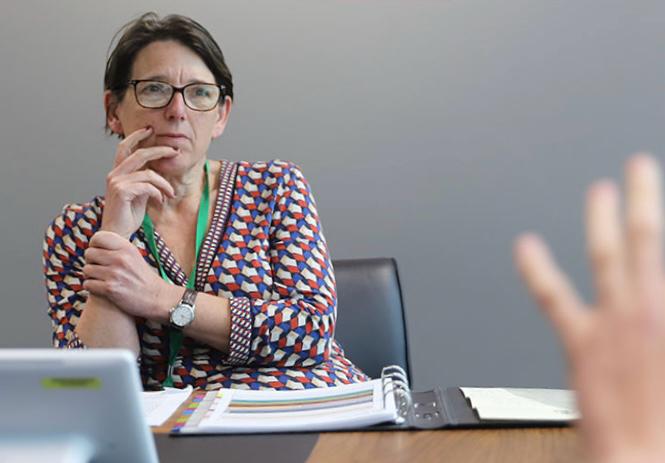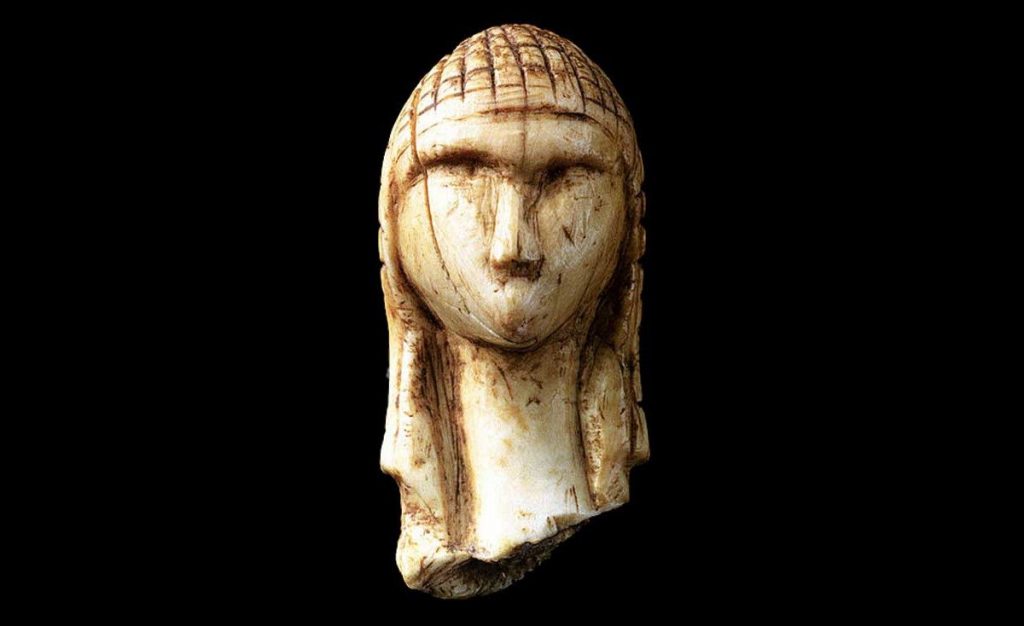The First of Many or A Rather Rare Gem in The Crown Jewels?
By Sam Stafford
Published 30/06/25 10:41am Edited 02/7/25 11:44am

Image Credit: X GCHQ
How Anne Keast-Butler Quietly Became the Most Powerful Woman in British Intelligence
Cheltenham, UK — In a fortress of encrypted silence, where identities vanish into codenames and decisions ripple across continents unseen, one woman has emerged—steadfast, sharp, and entirely unshakeable. Her name is Anne Keast-Butler, and she is the first female Director of GCHQ in its 100-year history. But the question reverberating through both government corridors and global intelligence circles is this:
Is she the first of many—or a very rare gem in the King’s Crown?
A Mind Made for the Unseen
Keast-Butler’s rise did not come with slogans or campaigns. No branding. No podium. Just brilliance, measured in silence. Described by former colleagues as “the strategist everyone consulted before they even knew it,” her journey began far from the political spotlight—rooted in a curious, analytically driven childhood and propagated in the halls of Oxford.
Those who knew her then speak of a woman who didn’t chase answers, but mapped possibilities. “She didn’t just ask the question others were asking,” one early mentor recalls. “She questioned the question.”
Her pathway into MI5 (of which has seen two female directors since it’s conception Dame Stella Rimington DCB & Baroness Manningham-Buller ) —Britain’s domestic security service—was marked by early excellence. Within a few years, she had built a name not as a disruptor, but as a designer—of systems, of counterterror frameworks, of cyber fortresses. Her work spanned from intercepting hostile-state activities to reinforcing democratic digital architecture. In an era increasingly dominated by noisy credentials, Keast-Butler let her track record speak in cipher.
Shattering the System, Quietly
Appointed in 2023, her selection to lead the UK’s signals intelligence agency was not just a milestone—it was a message. Not about gender, but about merit. While many celebrated the breakthrough, insiders emphasised something more profound: “She wasn’t appointed to make history,” said one senior civil servant. “She was appointed because she already had.”
Her appointment shook traditionalists. GCHQ, a historically male-dominated bastion built on Second World War legacy and Cold War command structures, had never seen a leader quite like her. Unlike previous directors—often ex-military, blazered, visibly connected—Keast-Butler brought no fanfare. Only focus.
Yet in her first year, like a newly appointed professor in an ivy league university she completely redefined the role.
Not by pushing people out but by seeing what they can do and while hostile state actors like Russia and China escalated cyber provocations, Keast-Butler responded with cool, calculated resolve. She reinforced Britain’s cyber sovereignty while strengthening global intelligence coalitions—from the Five Eyes alliance to AI ethics forums with NATO partners. Under her, GCHQ doesn’t just defend secrets. It defends principles.
A Leader Redefining Intelligence
Internally, the change was no less radical. Morale shifted. Recruitment surged. Diversity in hiring wasn’t box-ticked—it was logic-led. Her leadership style has fused intellectual rigour with rare emotional intelligence, making her both respected and deeply trusted. “She doesn’t posture,” says one current officer. “She prepares. You walk into a room thinking you’ve thought it through—until she shows you four more dimensions.”
She also challenged old rhythms within Britain’s intelligence culture, inviting new disciplines—psychology, behavioural economics, advanced ethics—into security strategy. Her impact, many say, is not just operational. It’s philosophical.
The Legacy in Motion
But the question persists: is Anne Keast-Butler a turning point in history, or an exceptional blip?
For some, her presence has cracked open long-latched doors. “We no longer whisper about female leadership in security—we cite her,” says a rising officer within MI6. For others, the almost singularity of her ascent reflects how far institutions still have to go.
Even so, her tenure is already altering the future. She’s mentoring the next generation. She’s embedding meritocracy in recruitment. And above all, she’s proving, in real time, that leadership in intelligence doesn’t need to look like the past to shape the future.
More Than a First
When asked in a closed parliamentary session what it felt like to be the first woman to lead GCHQ, she reportedly paused before answering as if effortlessly recalling an extracurricular rhetoric professor from her Oxford days prior to saying:
“I’d rather be remembered as the best director GCHQ ever had—than the first female one.”
Her words were as typical as her style: succinct, unfussy, and piercing.
Anne Keast-Butler doesn’t seek the spotlight. But in an age of digital disinformation, weaponised networks, and geopolitical fracture, the world needs leaders exactly like her—steady, unshakable, unseen yet indispensable.
Whether she is the first of many or a very rare gem remains to be seen and even if her her motherland or various other commonwealth nations are to materialise a great array of female intelligence wizards given her philosophy that may well be irrelevant. But make no mistake one thing is for sure:
She is already a legend in the making.
You May also like

By Rojina Bohara


